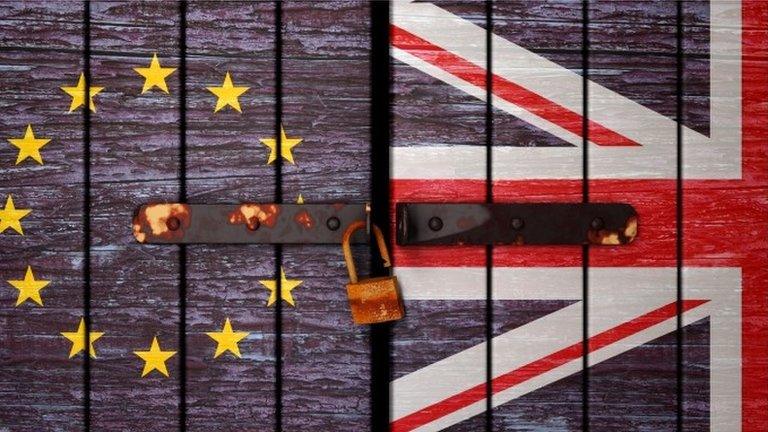Brexit Q&A: Your questions answered
- Published

What does the 585-page Brexit withdrawal agreement, external mean for you?
BBC experts answer some of the most common questions you have sent us.
Is there time for a renegotiation? @LonsYons
Chris Morris, Reality Check correspondent replies:
It would be difficult but not impossible: the rest of the EU would have to agree an extension of Article 50 - which they are not keen on.
What is the chance of an European Economic Area (EEA)-European Free Trade Association (EFTA) deal? George Cazenove
Chris Morris, Reality Check correspondent replies:
Trouble with this is that no-one has really asked Norway and co if they really want the UK to crash their party. It sounds like a simple solution, but would actually be very complex. Then again, which proposal isn't?
Brexit agreement: What does the 585-page document say?
What is the likelihood of this deal being approved by all 27 other EU members? James Blackford
Chris Morris, Reality Check correspondent replies:
I think the other 27 would say yes if they thought the UK was committed to it. They've got plenty of other things to worry about other than Brexit. They want it sorted one way or another
What will it mean for British citizens' freedom of travel and rights to live & work on the continent? Henry Covey
Daniel Sandford, Home affairs correspondent replies:
The headline is freedom of movement ends after the transition period finishes in December 2020, but until then British citizens and their families will continue to have the right to move to live and work in the EU, and vice versa.
Those who take up residence before the end of the transition period will be allowed to remain beyond transition and, if they stay for five years, will be allowed to remain permanently.
However, once the transition period is over, the draft agreement does allow the EU to require UK citizens who stay on to apply for a new residence document.
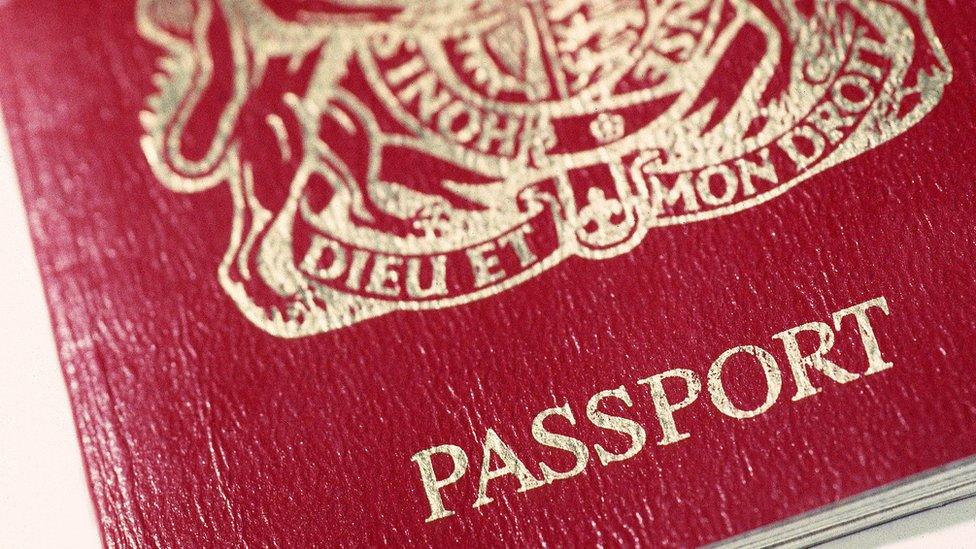
Will the UK be free to make trade deals with other countries? Peter Hodge
Andrew Walker, Economics correspondent replies:
The full answer is complicated. The short answer is: it looks like it would be difficult.
First let's suppose we do end up activating the Northern Ireland backstop. That involves what the draft agreement calls a Single Customs Territory for the UK and the EU, which appears to be a customs union in all but name.
In particular it says: "Under no circumstances may the United Kingdom apply to its customs territory a customs tariff which is lower than the Common Customs Tariff (applied by the EU) for any good or import from any third country."
That rules out the bread and butter of trade agreements, negotiating the reduction or elimination of tariffs. It might still be possible to do deals on services and also investment, which is an area that has often been added on to trade agreements.
If the backstop is not activated, then it depends on the shape of the agreement on the long-term relationship, which would be negotiated during the transition period.
We have an outline of the political declaration intended to guide those negotiations, which says the ultimate deal should "build on the single customs territory provided for in the Withdrawal Agreement".
On the face of it, that could run into the same difficulties as the backstop in terms of trade deals with other countries. If, however, it drops the prohibition on applying tariffs lower than the EU's, we would be in a position to negotiate conventional trade agreements with other countries.
What does the deal say about services, specifically regulations on UK financial services? Is there equivalence? Schwitt, London
Andrew Walker, Economics correspondent replies:
This is a question for the long term rather than the Withdrawal Agreement. The outline political declaration doesn't make a general commitment that there will be equivalence granted but it does refer to it. The EU and UK can take "equivalence decisions in their own interest".
The document calls for assessments of equivalence to start as soon as possible after Brexit and be completed by the end of the transition period.
But I would emphasise this. It is just an outline to guide negotiations, not a definitive statement of where they will end.
I am a UK national, living and studying within the EU, what impact would this have on me? Paul Blow, studying in Venlo in the Netherlands
Sean Coughlan, Education correspondent replies:
The future status of UK students in the EU and EU students in the UK still remains uncertain.
Up to 2020, and during the transition period, not much would be expected to change. But the longer-term arrangements, about levels of tuition fees and access to student loans, have still to be decided.
At present, EU and UK students are treated the same for fees in each other's countries - which has seen some UK students going to university in low-fee countries such as the Netherlands. But it will have to be negotiated whether there will be any reciprocal deals to replace this.
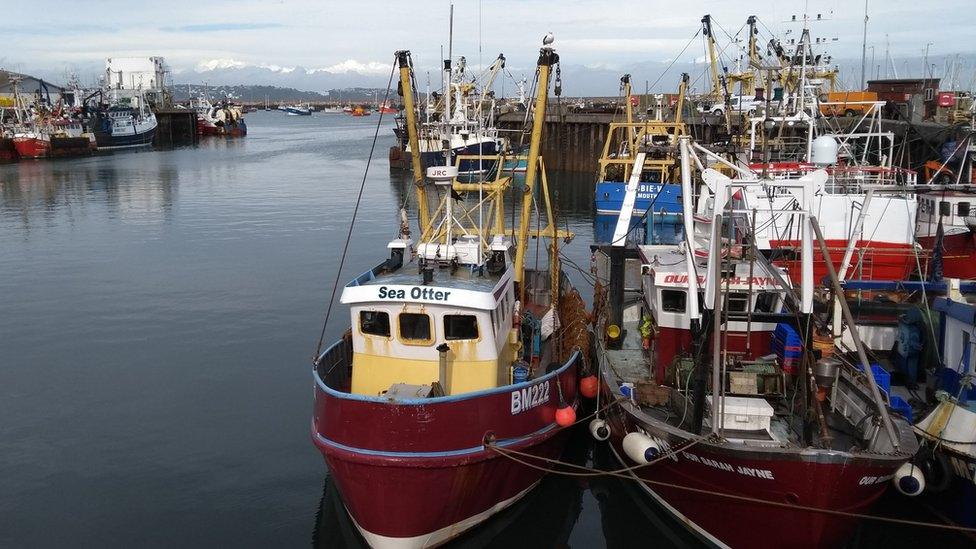
Will the EU still have access to UK waters and fish stocks? Stephen Knox
Chris Morris, Reality Check correspondent replies:
One policy area is excluded from these potential customs arrangements: fishing.
That's because the trade-off between access for UK fish produce to EU markets, and access for EU boats to UK waters, is too controversial.
The draft agreement simply states that "the Union and the United Kingdom shall use their best endeavours to conclude and ratify" an agreement "on access to waters and fishing opportunities".
When will Brexit happen?
Will the European Health Insurance Card (EHIC) continue to have the same validity for UK citizens visiting the EU as is currently does? John Jarvis
Hugh Pym, Health Editor replies:
UK citizens' rights to get healthcare in the EU and vice versa will be thrashed out during the transition period from March 2019 to December 2020.
The Government has drawn up a Bill to spell this out but it wont have any force till the transition talks work out how it will all work. If there is no deal things get a lot more complicated!
The Reality Check team adds:
During the transition period all EU law will continue to apply in the UK. That would mean that citizens would have exactly the same rights and guarantees as before - so, you'll still be able to use your card at least until the period ends.

Do you have any questions about the draft withdrawal agreement?
Use this form to ask your question:
If you are reading this page on the BBC News app, you will need to visit the mobile version of the BBC website to submit your question on this topic.
- Published15 November 2018
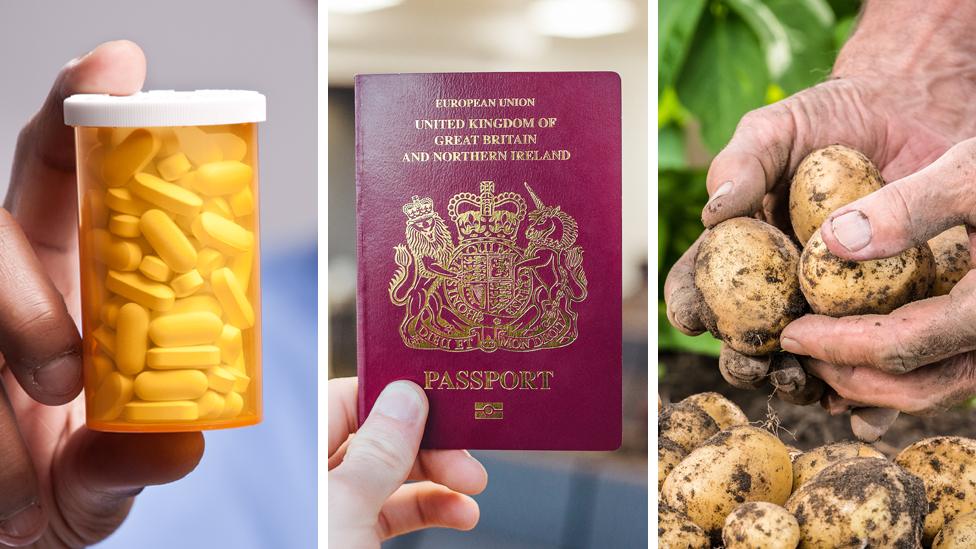
- Published13 November 2018
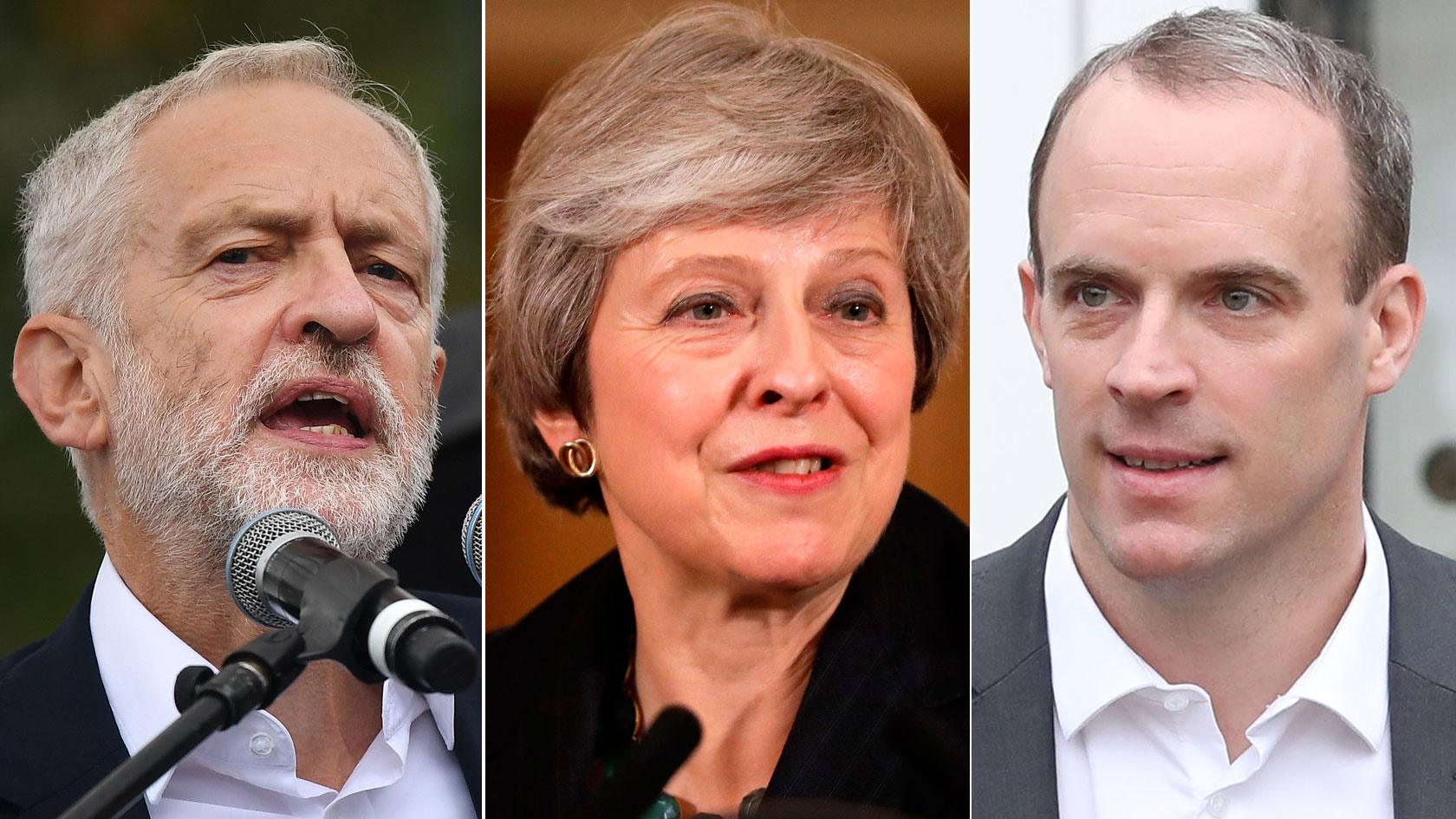
- Published15 November 2018
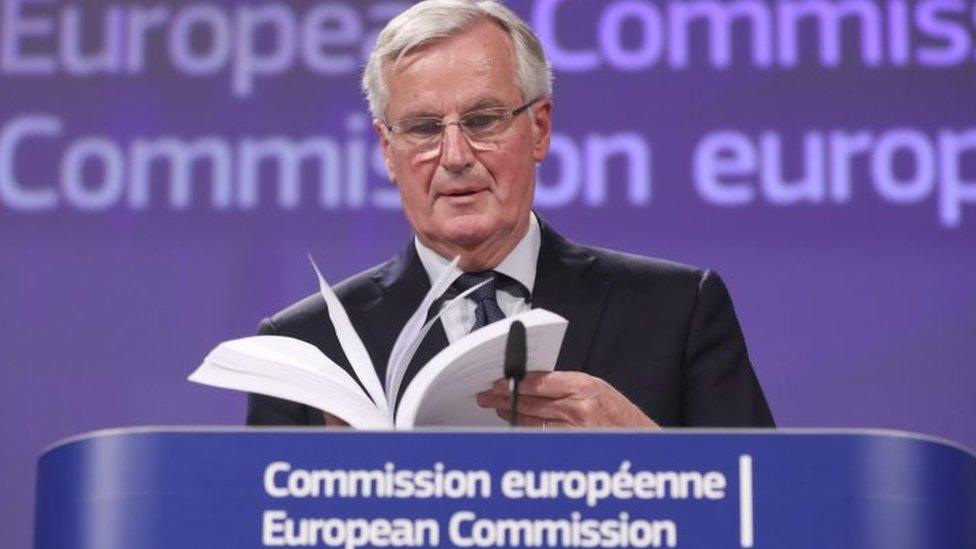
- Published11 December 2018
